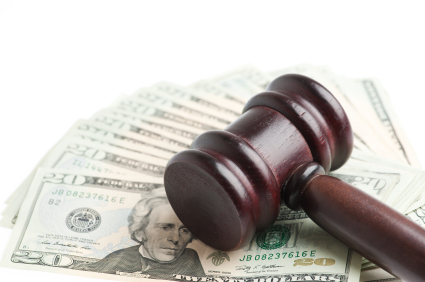
The services of a consulting expert may include:
- Explaining financial topics to the attorney and client
- Providing opinions and advice on financial matters, including the value of assets and liabilities, the taxability of settlement scenarios, and the strengths and weaknesses of the financial portion of the case
- Helping to develop a litigation strategy
- Devising a strategy for presenting financial issues to the court
- Evaluating a testifying expert’s work as a “second set of eyes,” which may help identify weaknesses or opportunities in the testifying expert’s work
- Scrutinizing the work of a financial neutral appointed in the divorce
The work of the consulting expert, including his or her notes, communications, calculations, emails, letters, and other documentation, is typically protected as attorney work product. Accordingly, the knowledge, opinions, and files of the accountant are not discoverable by the opposing party.
However, it is important to recognize that the consulting expert could later become a testifying expert, in which case the materials developed during the consultation process will likely become discoverable. Thus, the consultant should carefully maintain his or her files in the event that the work product is someday discoverable, even if this possibility is remote.
A forensic accountant retained as a testifying expert may do many of the same things as the consulting expert. Opinions on the value of assets or liabilities, analysis of the tax impact of various settlement scenarios, calculation of the “lifestyle” of the divorcing parties, or evaluation of the financial issues in the case may be done. In addition, the expert witness may be required to testify in depositions or at trials, explaining his or her work, file materials, opinions, and conclusions. Remember that the file of the testifying expert will be discoverable.
Via RSSMix.com Mix ID 8246157 http://www.rssmix.com/
Comments
Post a Comment